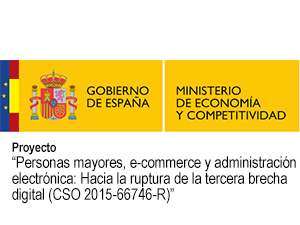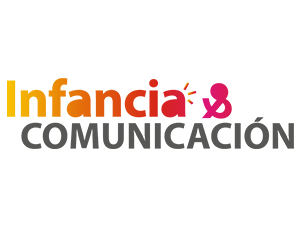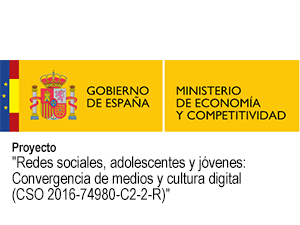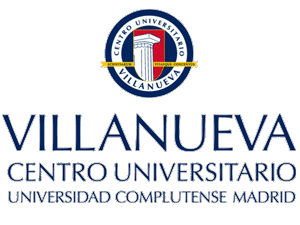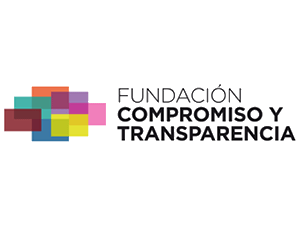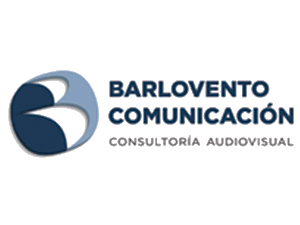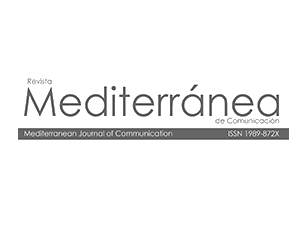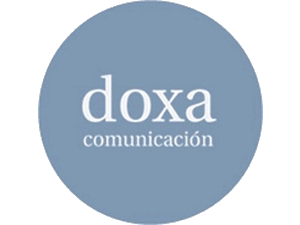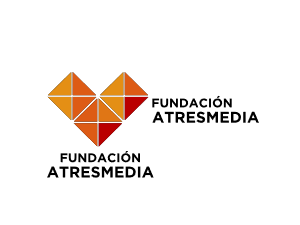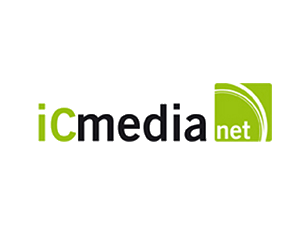Resumen
La penetración generalizada de las plataformas de redes sociales en España y la capacidad de cualquier internauta de crear y distribuir contenidos digitales han facilitado el acceso a informaciones difundidas a través de numerosos canales digitales. Entre estos contenidos, provenientes de las más diversas fuentes, proliferan y se mimetizan bulos y noticias falsas a los que se exponen usuarios que, en numerosas ocasiones, no conocen o disponen de herramientas que les permitan dilucidar la veracidad de estos contenidos. En este clima de desinformación, han proliferado escasas iniciativas periodísticas españolas encargadas de analizar y verificar fake news y de dotar a los usuarios de la capacidad crítica necesaria para entender la realidad informativa de nuestro tiempo.
El objetivo de esta investigación es el de determinar si la mayor o menor alfabetización mediática digital y el uso de las plataformas de redes sociales inciden en la capacidad de los internautas españoles de discernir entre noticias reales y fake news distribuidas a través de plataformas online. Junto a ello, se busca establecer si estos usuarios conocen la existencia de la disciplina del debunking y de proyectos periodísticos dedicados a la verificación de bulos. Para alcanzar estos objetivos y verificar las hipótesis planteadas, se ha llevado a cabo una metodología cuantitativa basada en la encuesta, realizada a 2816 usuarios de internet españoles potencialmente expuestos a la desinformación y recepción de fake news a través de plataformas digitales.
Los resultados, que se organizan atendiendo a criterios demográficos y de uso de medios sociales, muestran que la capacidad de los internautas de España de distinguir la desinformación de las noticias reales no guarda una relación directa con el mayor o menor uso de las redes sociales que realizan, entendido este desde el tiempo de utilización, número y tipo de plataformas. A pesar de ello, existe un desconocimiento extendido de la disciplina del debunking y de los medios de comunicación, herramientas o proyectos periodísticos que tienen como objetivo el análisis y verificación de las fake news en España.
Palabras Clave / alfabetización digital / debunking / desinformación / fake news / redes sociales / verificación digital
Abstract
The widespread penetration of social media platforms in Spain and the ability of internet users to create and distribute digital content have facilitated the access to information disseminated through numerous digital channels. Among these contents, from the most diverse sources, hoaxes and fake news proliferate and mimic, being data to which users are exposed, in many cases, without having tools that allow them to elucidate the accuracy of these contents. In this climate of misinformation, there have been few Spanish journalistic initiatives in charge of analyzing and verifying fake news and providing users with the necessary critical capacity to understand the information reality of our time.
The objective of this research is to determine whether the greater or lesser digital media literacy and the use of social media platforms affect the ability of Spanish internet users to discern among real and fake news disseminated through online channels. Along with this, it is sought to establish if these users know the existence of the discipline of debunking and those journalistic projects devoted to the verification of hoaxes. To achieve these objectives and verify the hypotheses, a quantitative methodology based on the survey was undertook, carried out on 2816 Spanish internet users potentially exposed to the misinformation and reception of fake news through digital platforms.
The results, which are organized according to demographic criteria and the use of social media, show that the ability of internet users in Spain to distinguish disinformation from real news does not have a direct relationship with the greater or lesser use of social networks, understood this from the time of use, number and type of platforms. Despite this, there is widespread ignorance of the discipline of debunking and the media, tools or journalistic projects that aim to analyze and verify fake news in Spain.
Keywords / debunking / Digital literacy / digital verification / disinformation / Fake news / misinformation / Social Media
FIRMANTES
| Nombre | Adscripción | Procedencia |
|---|---|---|
| Mariché Navío Navarro | Universidad San Pablo-CEU. CEU Universities. | Madrid |
| María Blanco Navarro | Universidad San Pablo-CEU. CEU Universities. | Madrid |






